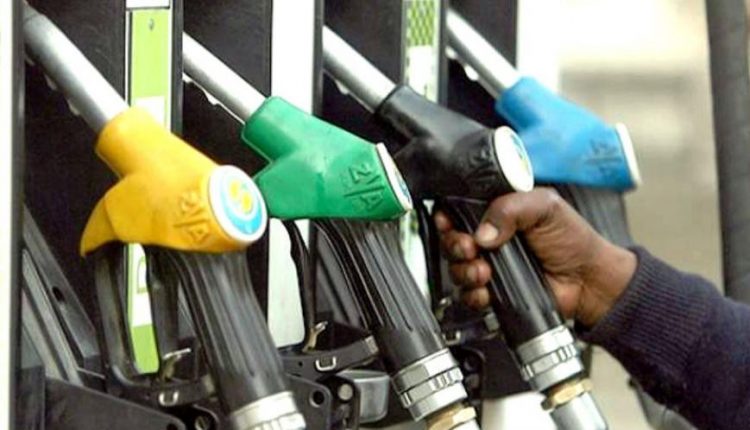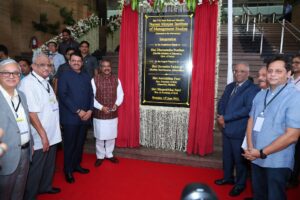
Expressing concern over the current rise in oil prices, PHD Chambers of Commerce has called upon the Government to address the issue by evolving a mechanism to control the prices of petrol, diesel and CNG.
“The increase in fuel prices would have a cascading influence on the prices of other essential commodities as well. It is important for the government to control the surging prices of gas, petrol and diesel which is due to rise in international oil rates and high domestic tax structure that is levied by both the Centre and state governments,” said Mr Sanjay Aggarwal, President, PHD Chamber of Commerce and Industry (PHDCCI).
Mr Aggarwal suggested few measures which the Central and state governments can suitably adopt on domestic tax revision and control the current spike in oil prices.
Mr Aggarwal suggested a need for a calibrated price control and check.
Higher prices of petroleum products always result in an increase in consumer price inflations, which will ultimately hurt economic revival, demand and growth. He said there should be a calibrated price control and check in a situation when global prices are rising and fluctuates depending on global demand-supply scenario. I
It is advisable that the retail prices of auto fuel should not be left open-ended on the basis of international prices and there should be an inherent and prudent mechanism, which is agreed by both Central and all state governments for controlling the prices as both the governments get their pie of revenue when consumption goes up and not with an increase in prices, said Mr Aggarwal.
He suggested that the Centre and the state governments should adopt a mutually agreed model of Revenue Sharing. Mr Agarwal said “Indulging in a blame-game among the Centre and states or just by putting the responsibility on each other, the issue over oil price rise is not likely to get resolved. The Centre must convince all the state governments and take them on board for controlling and checking prices of petroleum products by ensuring that there is no revenue loss to the states, if any model is mutually agreed upon and accepted by both the governments.
Another suggestion given by Mr Aggarwal is “inclusion of petroleum products under GST”. A possible way is that the Central and all the state governments must come forward and hold a Goods and Services Tax (GST) Council meeting for inclusion of all petroleum products under the GST structure.
Mr Aggarwal said this would do away with the cascading of taxes levied as per the pre-GST regime, of which no credit is made available to the manufacturing and/ or service sector and uniformity can be provided in the pricing of petroleum products.
This is possible only when both the governments come forward and discuss the issue at length. It is possible if the Centre convinces the States by promising to compensate any revenue loss to the States if petroleum products is included under the GST, he added.



